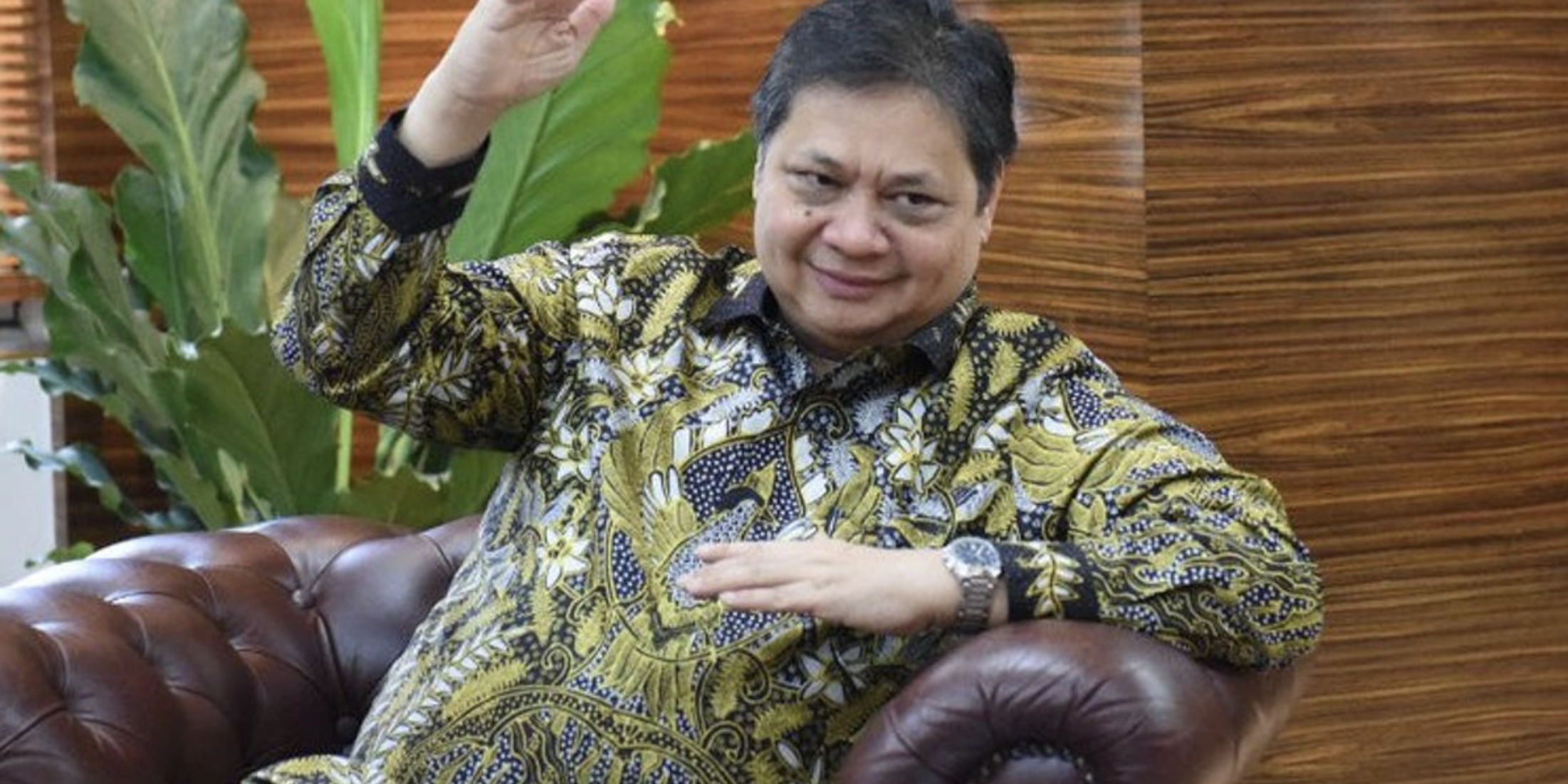The national palm oil industry has contributed to poverty alleviation and job creation for more than 16 million workers and is the largest non-oil and gas export contribution by contributing 15.6 percent of total non-oil and gas exports in 2020. Palm oil has become the backbone of the national economy and become the belle of the commodity export industry sector.
Regarding the achievement of the Sustainable Development Goals, the role of palm oil in achieving globally agreed targets, among others, is as a source of clean and renewable energy that supports national energy security, food supply, job creation, poverty alleviation, and reduction of social and economic inequality.
The results of the reconciliation of the national oil palm cover area coordinated by the Coordinating Ministry for Economic Affairs in 2019 have identified an area of 16.38 million ha, with the distribution of community plantations (both self-help and partnerships) of 6.72 million ha (41 percent), large state plantations of 0.98 million ha (6 percent), and large private plantations at 8.68 million ha (53 percent).
Experts have also projected that by 2030 the distribution of oil palm area will be dominated by smallholder plantations at 60 percent, large private plantations at 36 percent, and large state plantations at 4 percent. The data above shows that the role of People’s Plantations has a significant contribution to the development of oil palm plantations in Indonesia.
As the largest producer country that controls about 55 percent of the world’s palm oil market share, and utilizes no more than 10 percent of the total global land bank for vegetable oil, Indonesia is able to produce 40 percent of the world’s total vegetable oil.
“The advantage of palm oil compared to other competing commodities for vegetable oil is that it has higher productivity, so that less land is used to produce palm oil,” said Coordinating Minister for the Economy Airlangga Hartarto in his remarks at a webinar with the theme “Strengthening Palm Oil Farmers Partnerships with Patterns. Update for the Future of Sustainable Indonesian Palm Oil” in Jakarta, Tuesday 5 October.
To produce 1 ton of palm oil, it only takes 0.3 ha of land, while rapeseed oil needs an area of 1.3 ha, sunflower oil covers an area of 1.5 ha and soybean oil covers an area of 2.2 ha.
“This industry is very strategic. We hope that all components of society including the PIR-Indonesia Palm Oil Farmers Association will continue to develop and maintain the sustainability of this industry,” said Airlangga.
The government also remains committed to replanting 540.000 thousand hectares of oil palm plantations owned by smallholders until 2024.
The challenges facing Indonesian palm oil in the world vegetable oil trade competition are currently increasingly complex. The Indonesian Sustainable Palm Oil (ISPO) Certification System is expected to become globally accepted.
In addition, the development of partnership patterns needs to be carried out in order to answer the challenges and of course to strengthen the supply chain, and so that plantation farmers also get facilities, especially to increase productivity as well as to get financing.
The role of the association of oil palm farmers and the association of oil palm entrepreneurs is expected to be able to sit together with the Government to find common ground in responding to the challenges of the oil palm plantation partnership pattern so as to create a healthy business climate in the future.
Association of Palm Oil Farmers at Inti Rakyat (ASPEKPIR-Indonesia) can also contribute by building awareness and positive perception of the palm oil industry by conveying accurate and correct information related to sustainable palm oil development in Indonesia to the general public.
“I believe that ASPEKPIR-Indonesia is able to play a real role with the Government and stakeholders to build this industry so that it is strong, sustainable, and beneficial for the people of Indonesia,” Airlangga concluded.
Source: VOI News
Disclaimer
This article may contain copyrighted material, the use of which may not have been pre-authorized by the copyright owner. This material is made available for the purpose of giving information and knowledge. The material contained on the Astra Agro website distributed without profit. If you are interested in using copyrighted material from this material for any reason that goes beyond ‘fair use’, you must first obtain permission from the original source.










